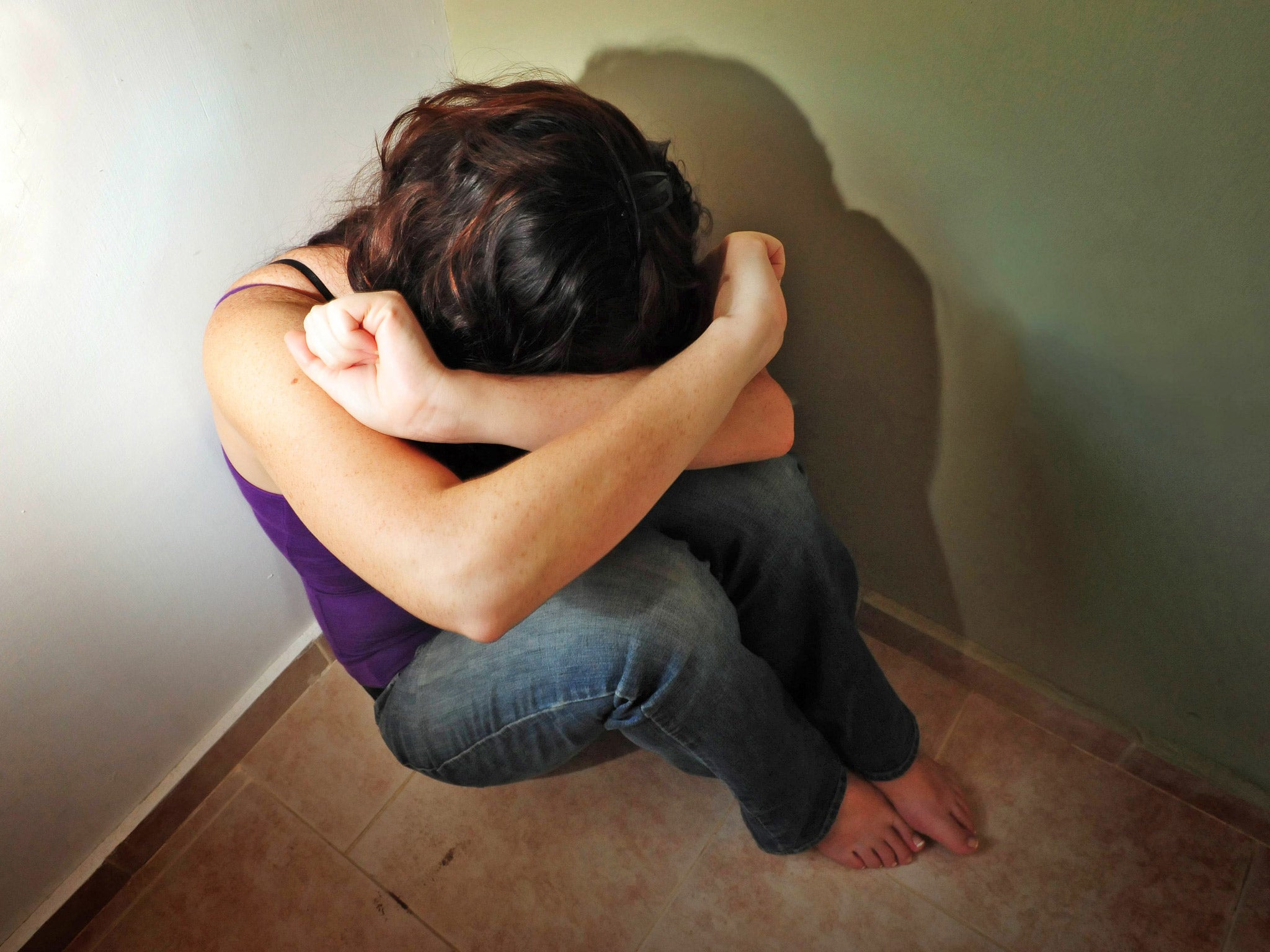Health service staff need better training to identify signs of domestic violence, NICE warns

Doctors and nurses must be trained to recognise the signs of domestic violence, the healthcare standards body has said, amid warnings that abuse may be more widespread than official figures show.
The National Institute for Health and Care Excellence (NICE) said that, each year, at least 1.2m women and 784,000 men experience domestic violence in England and Wales, and that under-reporting of the problem to health and social researchers and police meant that these figures were likely to underestimate the problem.
There is currently no requirement for staff in some important areas of the health service, including accident and emergency, to be trained in recognising patients who may have suffered from domestic violence, or in best practice for referring patients on to social workers or other specialist services. The new guidelines aim to expand the training available, and also calls on medical schools to introduce training in this area to undergraduate medical courses.
Gene Feder, professor of primary health care at the University of Bristol, who chaired the group which developed the NICE guidance, said that the medical profession needed to “wake up” to domestic abuse among their patients.
“The doctors and nurses in general practice need training: to ask safely about abuse, about how to respond effectively, and about how to help by encouraging patients to go to local specialist domestic violence services,” he said.
It is estimated that one in four people will experience domestic abuse during their lifetime – which can include physical violence, threats, emotional abuse or sexual assault – and it has been estimated that the problem can cost the economy more than £15bn per year in medical and legal costs combined with days at work lost.
Join our commenting forum
Join thought-provoking conversations, follow other Independent readers and see their replies
Comments